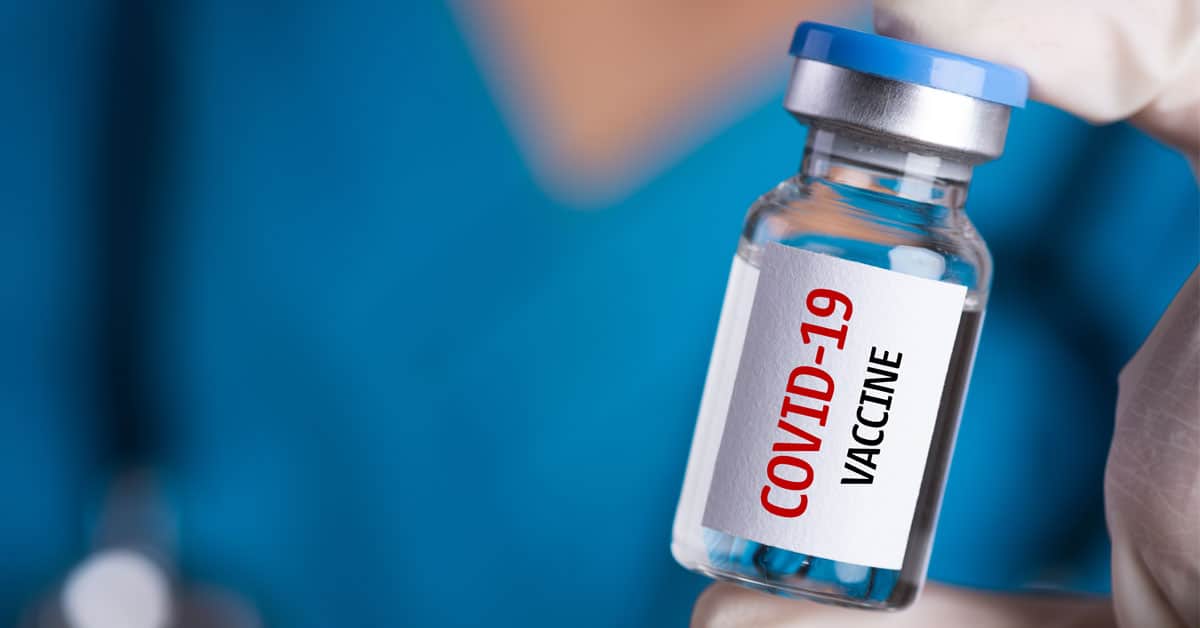COVID-19 vaccines
Everyone, everywhere, should have access to COVID-19 vaccines.
Major progress has been made with the COVID-19 vaccination response, and it is critical to continue the progress, particularly for those most at risk of disease.
WHO recommends a simplified single-dose regime for primary immunization for most COVID-19 vaccines which would improve acceptance and uptake and provide adequate protection at a time when most people have had at least one prior infection. Available data suggest the monovalent Omicron XBB vaccines provide modestly enhanced protection compared to bivalent variant-containing vaccines and monovalent index virus vaccines.
When monovalent XBB vaccines are not available, any available WHO emergency-use listed or prequalified vaccine, bivalent variant-containing or monovalent index virus vaccines, may be used since they continue to provide benefits against severe disease in high-risk groups.
Read WHO’s Global COVID-19 Vaccination Strategy outlining the steps to achieve effective and equitable distribution of vaccines.
See WHO’s landscape of COVID-19 vaccine candidates for the latest information on vaccines in clinical and pre-clinical development.
WHO’s COVID-19 dashboard also features the number of vaccine doses administered globally, with more detail provided on the dedicated COVID-19 vaccination dashboard.
At a regional level, there is an AFRO COVID-19 vaccines dashboard and a PAHO COVID-19 vaccines deliveries dashboard.
You can follow the status of COVID-19 Vaccines within WHO EUL/PQ evaluation process here.


